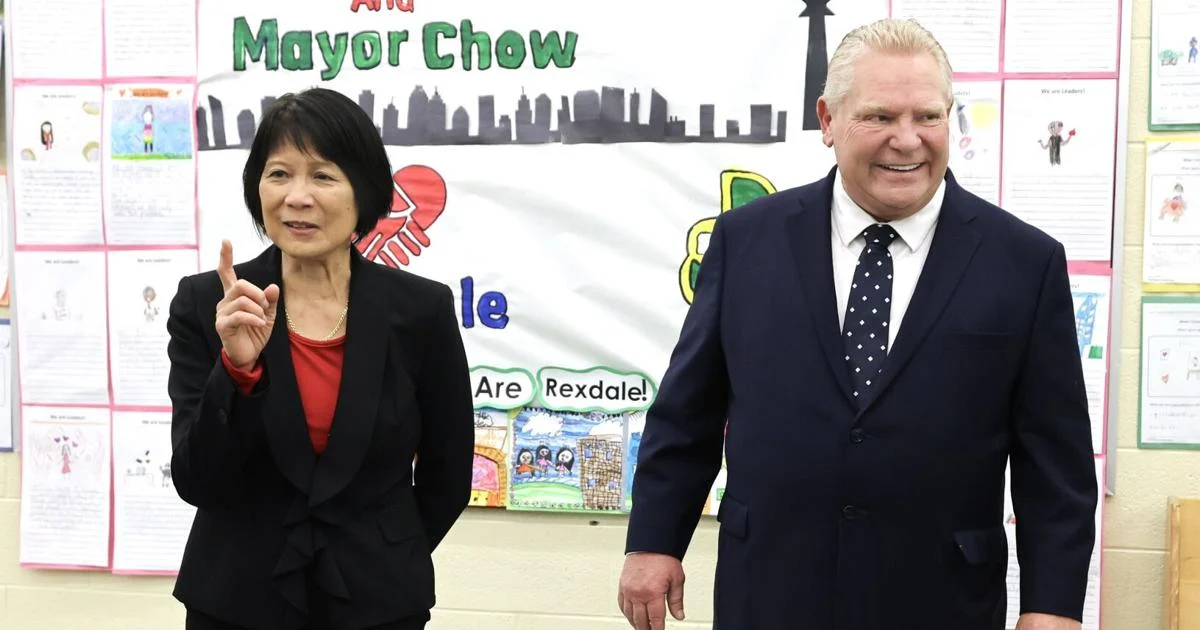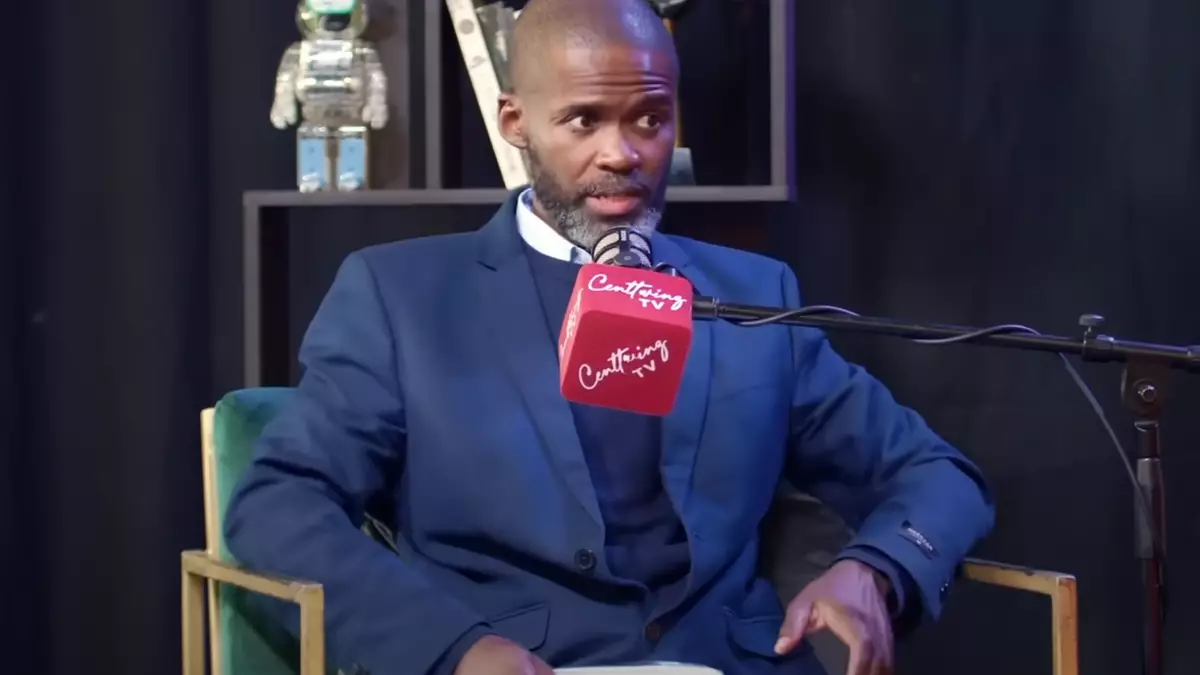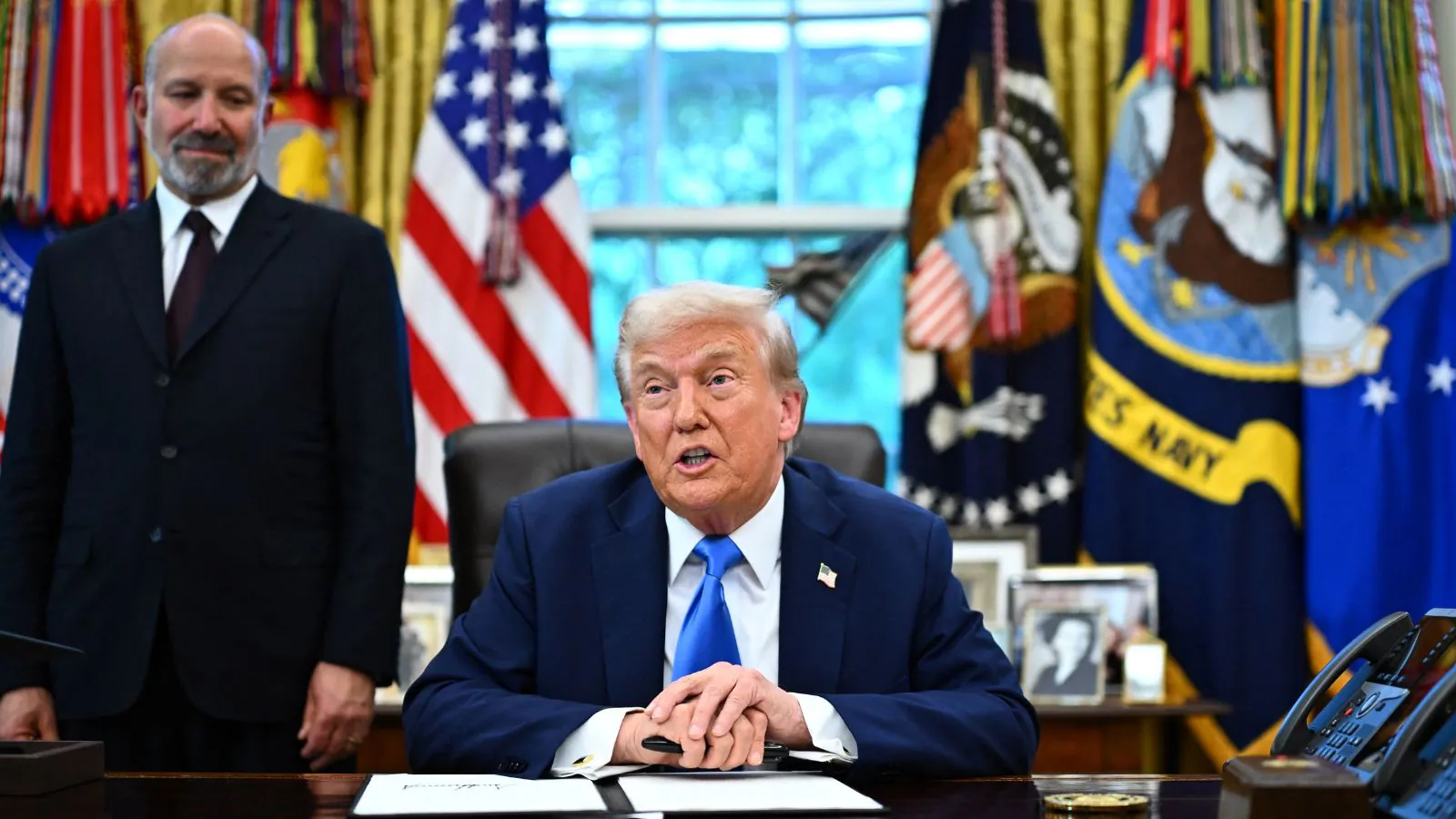Copyright thestar

October is one year away from municipal elections across the province and there’s already an elephant in every voting booth: Doug Ford. Some candidates have already declared they’re running, others are playing coy, and there’s much jockeying for position. It’s a fun time to watch municipal politics, but this year anyone running for mayor in Ontario has to contend with a premier who often meddles in municipal affairs. If Ford is going to meddle at such a startling rate, mayoral candidates ought to run against him — even if he’s not on the ballot. Toronto has been subject to such interference since the first months Ford was premier when he cut city council in half during the 2018 election. Then there’s the bike lane removal, the poorly executed municipal blue box overhaul and even threats to use the notwithstanding clause, previously a “nuclear option” premier has mostly avoided. While Ford has acutely damaged local democracy and democratic processes, premiers have always dipped into municipal issues. Ford’s predecessor, Kathleen Wynne, did so when she nixed John Tory’s nascent dream to toll the Gardiner expressway in 2017, after which he complained he felt like a “little boy going up to Queen’s Park in short pants” whenever he wanted to do something. Cities are, to employ an oft-used phrase, “children of the province,” thanks to Canada’s constitution, forged when it was largely a rural country and cities were far less important than they are now. Provinces hold tremendous power over cities, but apart from controlling funding levers and some high-profile clashes with mayors, the built-in tension between Queen’s Park and city halls has been kept at a low simmer because premiers generally stayed in their own lane. Ford seems quite interested in the minutiae of the city, particularly Toronto’s. This has caused some to say the job he really wanted was mayor of Toronto, a race he lost in 2014. But it’s also analogous to the way his brother Rob behaved as mayor. He would take interest in individual complaints and concerns of Toronto residents, famously getting on the phone to solve small problems. Not the best use of a mayor’s time, focused on tasks better delegated when his attention should have been on the bigger issues. Even with existential threats from the U.S. and other daunting provincial challenges, Doug Ford has maintained a peculiar time- and money-consuming interest in local affairs, most recently targeting speed cameras. This latest meddling is interesting not just because of scandalous revelations that his own ministerial vehicles were clocked well over the speed limit — some fast enough to be considered stunt driving — but that it’s not just about Toronto anymore. Ford has defied the wishes of more than 20 Ontario mayors who pleaded to keep speed cameras, along with the Ontario Association of Chiefs of Police who supported the cameras, as well as school board associations representing all 72 public, Catholic, French and French Catholic boards and trustees, who implored Ford not to ban cameras because they saved kids’ lives. None of that mattered — not arguments of the facts or of municipal autonomy. That Ford is willing to get into the minutia of city life to this degree means as we enter an election year, he’s a looming presence over all mayoral platforms. Any “fix” mayors want to undertake is subject to Ford’s grace. The 2023 “new deal” for Toronto that staved off fiscal ruin is an example of this. To reach the deal that included uploading the Gardiner Expressway from city to provincial responsibility, required Mayor Olivia Chow to essentially pull back on the city’s opposition to the controversy-ridden private spa plan for Ontario Place. Mayors act in the shadow of the premier, so why not lean into that this election? This means candidates and incumbents like Chow openly talking about the relationship with the province — that Ford can and will decide what’s possible for cities. It would force other candidates to react to that and explain how they will deal with Ford and his meddling. It’s a chance to make this antagonistic relationship explicit, serving as voter education during a time when people are tuned into municipal politics a bit more than usual. There’s never enough of that though, so some political theatrics are needed, like perhaps debating a cardboard cut-out of Ford or something far more creative and original. Create some drama and make people pay attention. That sounds downright Ford-like, doesn’t it? It could be an opportunity to galvanize some municipal autonomy and resistance across Ontario, a common cause across cities. In Toronto’s case it might also allow Chow to sidestep some of her more ideological opponents by focusing on Ford, putting some issues into sharp relief. In this way, Ford may be Chow’s biggest adversary as well as ally.



